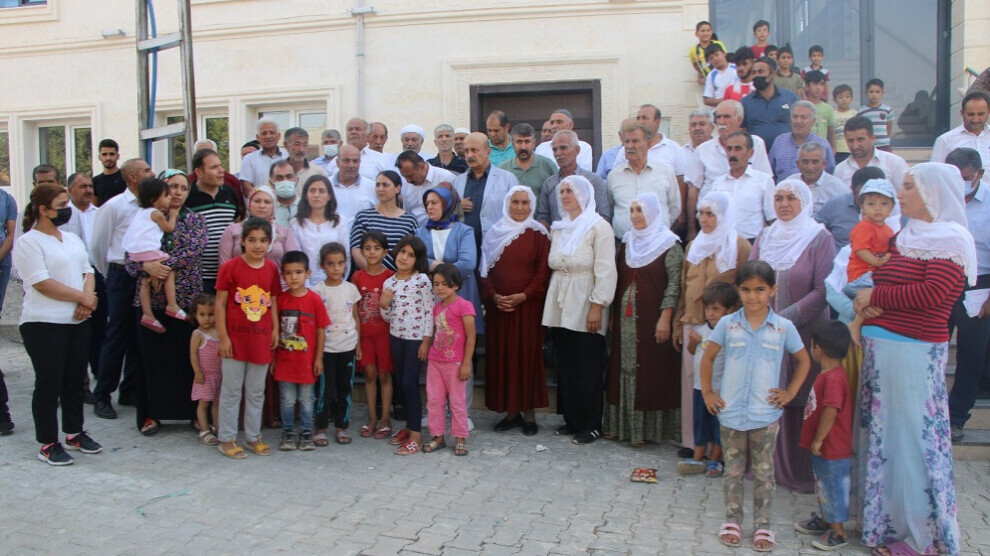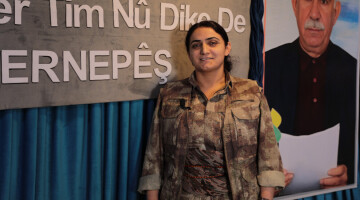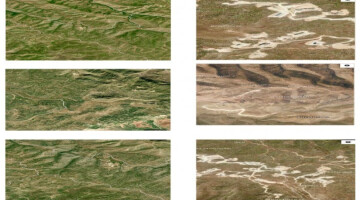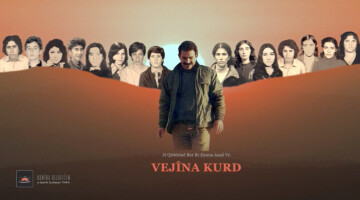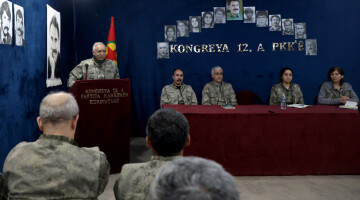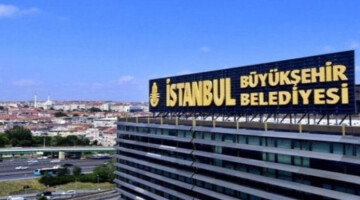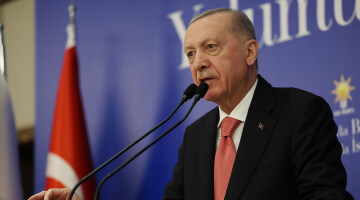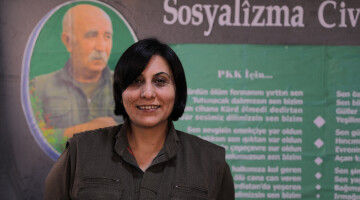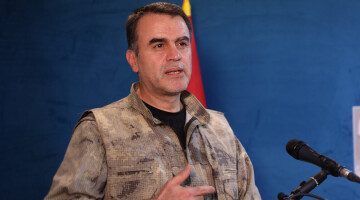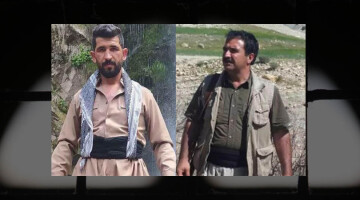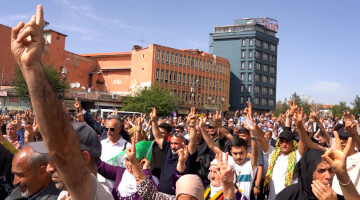7 villages in Batman's Kozluk district have been without water for about 15 days because of their debts to Dicle Electricity Distribution Corporation (tr. Dicle Elektrik Dağıtım Anonim Şirketi, DEDAS). The electricity of the reservoirs that provide water to the Bekirhan (Kaniyahenê) town of Kozluk and the villages of Yeniçağlar (Zîlan), Karpuzlu (Selîvê), Samanyolu (Kanîkê), Dövecik (Malê Gir), Parmakkapi (Hiskutê), Taşlıdere (Hole) has been cut since June 23 because of unpaid bills. Villagers carry water from Batman Stream by tractors and vehicles or from wells belonging to DSI (General Directorate of State Hydraulic Works). However, it is reported that the water brought from there has made people sick.
The villagers said that electricity had not been invoiced until DEDAŞ settled in the region. According to a SMS message from the institution, total debt of the village of Zîlan reached 2 million 400 thousand TL. The message said: “Dear Consumer, your village has an electricity debt of 2.396.897.93 TL. If the debt is not paid, the electricity of the drinking water station will be cut off within the scope of the Electricity Consumer Services Regulation. For information: 444 69 96 B001”
NO INVOICE UNTIL DEDAŞ
Mehmet Demir, the headman of Zîlan village, spoke to ANF. He said that since the water line of the village was built by the Special Provincial Administration, no invoice had been issued, but following the privatization, DEDAŞ has invoiced these debts. Demir noted that they met the district governor who replied “I can't do anything”.
Veysi Aydın, who is from the village of Parmakkapı (Hiskutê), explained the situation: “When water came to our village in 1994, they said that no bill would be issued as a service to the villagers. Since then, no government including DYP, DSP, ANAP, Refah Party and first term of the AKP has asked us for this money. In the last two or three years, bills that cost millions of Turkish Lira have been sent to every village. A bill of 710 thousand TL for our village, 2 million 400 thousand TL for Yeniçağlar (Zîlan), 2 million 600 thousand TL for Karpuzlu (Selîvê) were issued. Our children and elders are devastated. In these villages, there are also 500 thousand animals. I found myself a tanker and received water from a stream until midnight the previous night. The headmen went to meet the district governor, but they said there is nothing they can do. There has been the pandemic, and no one cares about our situation.”
STREAM WATER IS UNHEALTHY
Journalist Bilal Güldem from the Mezopotamya News Agency, who is also from Zîlan, spoke about the situation in the villages: “My mother and father live in Zîlan, they are both elderly and have many chronic diseases. They cannot meet their needs because the water is cut off, still relatives and villagers try to provide support for them. The water brought from the irrigation canal of DSI and Batman Stream is not clean, and causes diseases. Many other villages have the similar problems. Thousands of people have been without water for almost two weeks!”
PEOPLE ARE PUNISHED
“DEDAS constantly cuts off the electricity of the water tanks belonging to the villagers and punishes the villagers because of their debts. The authorities don't care about the health of thousands of people. I have been speaking out about the issue through social media and the press institution I work for, but the authorities and DEDAŞ still remain silent,” Güldem said.
SUPPORT TO VILLAGERS
Journalist Güldem called for the opposition and democratic society organizations to take care of this issue. “This is a punishment method. The villagers can gather and express their most democratic reaction to it. Opposition parties came to the villages, to no avail. Opposition parties and non-governmental organizations should not leave the villagers alone. They should lead and support the villagers.”

